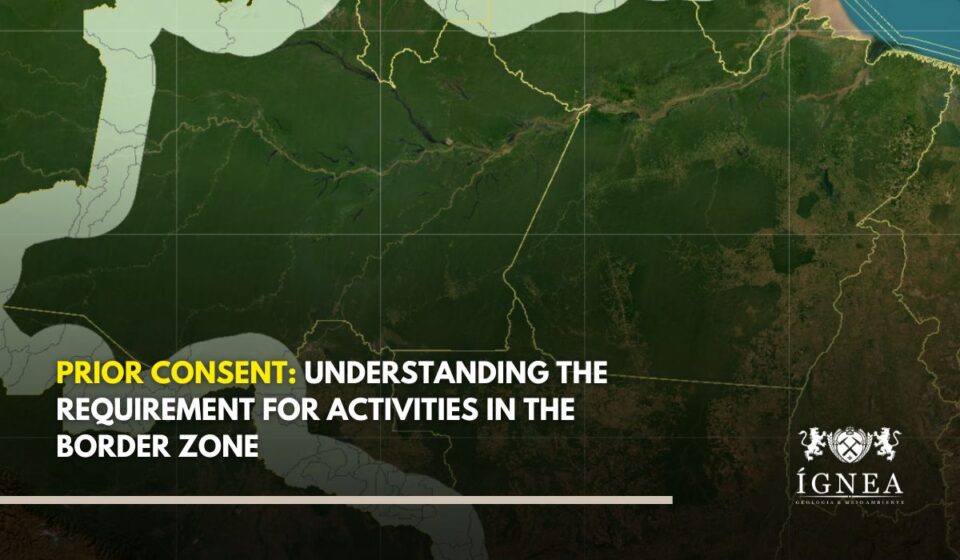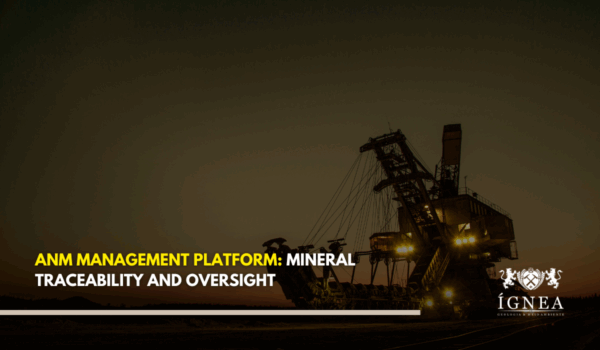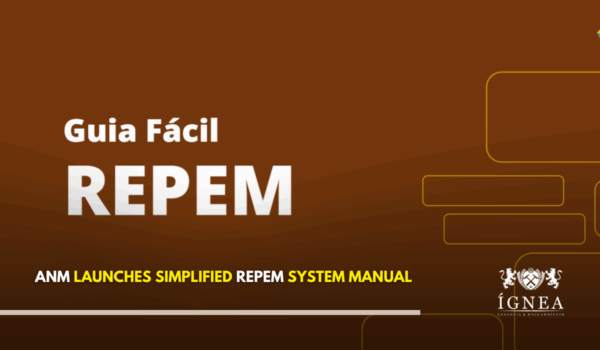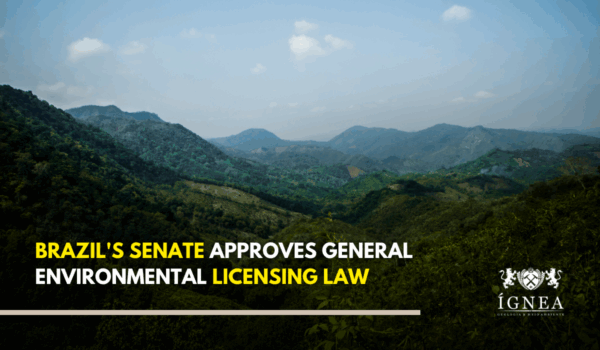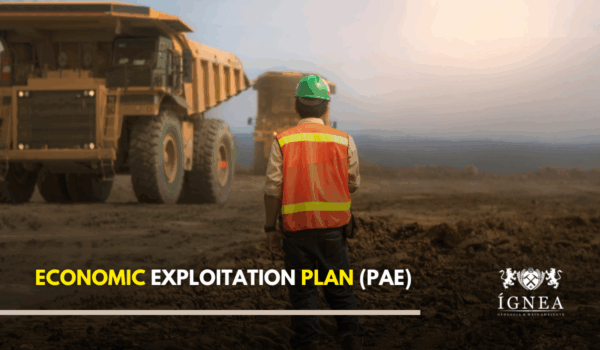The participation of companies and individuals in areas close to Brazil’s borders requires attention to a key legal and strategic requirement: the Prior Consent of the National Defense Council (CDN). Established by the Federal Constitution of 1988, this mechanism has gained increasing relevance in projects involving the exploration of natural resources, as well as agricultural, energy, and industrial activities located in the so-called Border Zone.
According to the National Defense Council, a body linked to the Presidency of the Republic and composed of both civilians and military members, the aim of Prior Consent is to protect national sovereignty and ensure strategic control over sensitive areas. It is required for any foreign individual or company under foreign control intending to engage in economic activities or acquire property within the 150-kilometer-wide strip along the country’s entire land border.
The requirement is grounded in Article 91, §1, item II of the Federal Constitution and is further regulated by specific laws, decrees, and resolutions. The sectors most affected by this requirement include mining, agribusiness, energy, and industry.
The Role of the National Defense Council
The National Defense Council (CDN) is responsible for analyzing and ruling on requests for Prior Consent. Its primary function is to safeguard the territorial integrity and strategic interests of the nation. The CDN operates through its Executive Secretariat, which coordinates the reception, analysis, and processing of applications.
It is important to mention that the process of obtaining Prior Consent can be complex and may involve several government agencies, depending on the type of activity proposed. In the case of mining, for example, there is direct interaction with the National Mining Agency (ANM), which is responsible for submitting the request to the CDN after performing a technical review.
Furthermore, the CDN evaluates factors such as the location of the project, the nationality of the invested capital, corporate control, and strategic impacts on national security. In many cases, additional studies demonstrating the feasibility and legality of the project are required.
How to Apply for Prior Consent
To begin the Prior Consent process, the applicant must submit a request to the competent authority, which varies depending on the economic sector. For mining, for instance, the request must be sent to the ANM, as outlined in Resolution ANM No. 02/2020, which regulates specific procedures in this context.
The application must include detailed documentation about the project, including:
- Complete information on the legal entity, corporate structure, and source of capital;
- Exact location of the project;
- Description of the proposed activity;
- Impact studies, when required;
- Proof of environmental and land-use compliance.
With this information, the ANM or relevant authority conducts a technical and legal screening. If the submission is compliant, the process is forwarded to the CDN, which then submits it to its Technical Committee for further evaluation.
The timeframe for a decision varies, but the process generally takes several months. If approved, the Prior Consent is published in the Federal Official Gazette and serves as a mandatory condition for the continuation of the project in the Border Zone.
Border Zone: Legal Definition and Geopolitical Significance
The Border Zone consists of a 150-kilometer-wide area along the entire land border of Brazil, which spans more than 16,000 kilometers across ten South American countries. This area is considered a national security zone, as defined by Law No. 6.634/1979 and regulated by Decree No. 85.064/1980.
Another important detail is that this zone is not excluded from economic activity. Instead, it is subject to differentiated control. The objective is to ensure that foreign interests do not compromise national security or exert undue influence over strategic resources.
Thus, Prior Consent is not a prohibitive measure but rather a regulatory and oversight tool. With it, the state ensures that investments and economic activities align with national interests.
Consequently, even Brazilian companies with foreign capital must comply with this requirement. Failure to obtain Prior Consent can lead to contract nullification, revocation of permits, and potential administrative and legal sanctions.
Impacts on the Mining Sector
In mining, the requirement for Prior Consent directly affects the progress of mining processes within the Border Zone. According to Resolution ANM No. 02/2020, Prior Consent is mandatory at any stage of the process—from application to mining concession—if the project is under foreign control.
This is because mineral exploration involves strategic natural resources and often takes place in environmentally and geopolitically sensitive areas. The ANM acts as the technical body responsible for assessing the need for consent based on the company’s ownership structure and the location of the deposit.
In addition, large-scale mining projects, especially in the Northern region of the country, have received special attention from the CDN due to their proximity to borders and the presence of Indigenous peoples and traditional communities. It is therefore essential that companies be prepared to meet legal requirements from the earliest stages of project development.
Corporate Control as a Key Factor
One of the main criteria for requiring Prior Consent is the company’s ownership structure. Brazilian law stipulates that Brazilian companies under the direct or indirect control of foreign individuals or entities must obtain consent to operate in the Border Zone.
However, control is not limited to the majority ownership of shares. It also includes decision-making power over the company’s strategic direction, as defined by Brazilian corporate law.
This means that even minority stakes—when coupled with shareholder agreements or other instruments granting decision-making authority—may trigger the requirement for Prior Consent. This is why many companies conduct a thorough legal review of their corporate structure before initiating projects in the Border Zone.
Vale mencionar que the CDN has been working toward greater clarity and predictability in its evaluation criteria, including the development of digital systems to streamline and enhance transparency in the process.
Risks and Penalties for Noncompliance
Companies operating in the Border Zone without Prior Consent face several penalties, ranging from formal warnings to the annulment of administrative acts. In mining, for example, lack of consent can lead to the denial of mining applications or the revocation of already granted titles.
In addition, there is the risk of legal challenges regarding the validity of contracts, especially in the acquisition of rural land by foreign companies. Agencies such as the National Institute for Colonization and Agrarian Reform (Incra) and the Ministry of Agriculture and Livestock are also involved in the oversight of such transactions.
It is important to mention that in some cases, unauthorized activities may be viewed as threats to national security, resulting in even more severe consequences. Thus, compliance with this requirement is a key preventive measure to ensure the legal and operational security of projects.
Advances and Challenges in Modernizing the Procedure
In recent years, the federal government has sought to improve the procedures related to Prior Consent. Among the adopted measures is the creation of electronic platforms to process applications, aimed at increasing efficiency and reducing bureaucracy.
Furthermore, a coordinated effort among agencies such as the CDN, ANM, Incra, and the Civil House is underway to harmonize interpretations and avoid overlapping requirements. Nevertheless, challenges remain—particularly in interpreting corporate control criteria and defining areas of strategic national interest.
Another important detail is that discussions around foreign involvement in the Border Zone touch on political, economic, and environmental concerns, making the issue both sensitive and multifaceted. Therefore, any regulatory changes must be carefully debated with society and the sectors involved.

